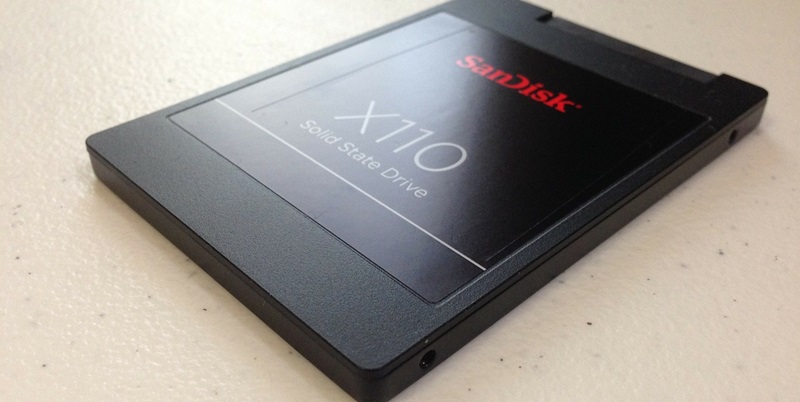In the world of data storage, two contenders have emerged as primary drives – Hard Disk Drives (HDDs) and Solid State Drives (SSDs). While both have their merits, cloud providers, including us, continue to favor HDDs for various reasons. In this article, we will delve into the advantages and disadvantages of each type and shed light on why HDDs remain the drive of choice for cloud providers, despite the growing popularity of SSDs.
Reasons why HDDs will continue to be the primary drives of choice for cloud providers
Although SSDs have gained traction in recent years, HDDs are still the preferred option for many cloud providers. The primary reason lies in their cost-effectiveness. Comparatively, common HDDs are available at a fraction of the cost per gigabyte when compared to SSDs sold online. This affordability allows cloud providers to store vast amounts of data without breaking the bank.
Cost comparison between HDDs and SSDs
There is no denying that SSDs offer superior performance, but at a considerably higher cost. In fact, SSDs cost approximately 3–5 times more per gigabyte than HDDs. This stark price difference makes HDDs the go-to choice in cases where budget constraints are a concern.
Advantages of SSDs over HDDs
While HDDs excel in cost-efficiency, SSDs outshine them in several other aspects. SSDs boast higher data transfer rates, allowing for faster and smoother data retrieval and transfer. Additionally, SSDs have a higher areal storage density, meaning they can store more data in a smaller physical space compared to HDDs. They also exhibit better reliability, as their lack of moving parts minimizes potential mechanical failures. Moreover, SSDs offer significantly lower latency and access times, resulting in quicker startup and application loading speeds.
The primary allure of HDDs lies in their ability to store vast amounts of data at a much lower cost compared to SSDs. This attribute makes HDDs the desirable choice for cloud providers who prioritize storage capacity over speed and performance.
Factors affecting read/write times for hard disk drives (HDDs)
In traditional HDDs, the speed at which the platters spin plays a crucial role in determining the read/write times. Faster spinning platters result in quicker data access, whereas slower speeds can lead to slower performance.
Benefits of SSDs include faster speeds, durability, and the absence of mechanical parts
Enter SSDs – the modern disruptors of data storage. Unlike HDDs with their intricate moving parts, SSDs operate without any mechanical components. As a result, SSDs can achieve speeds far beyond what a typical HDD can offer. This speed advantage, coupled with their improved durability due to the absence of vulnerable moving mechanisms, positions SSDs as a superior option.
Vulnerabilities of HDDs to wear, tear, and damage
The very mechanics that make HDDs affordable also expose them to wear and tear over time. Additionally, HDDs are susceptible to damage from movement or forceful contact, as their moving parts can be easily disrupted. These vulnerabilities can result in data loss or system failure, highlighting the need for careful handling and regular backups.
Durability of SSDs despite potential shorter lifespan due to high usage
SSDs, despite concerns of potential shorter lifespan due to extensive use, are widely considered far more durable than HDDs. The absence of moving parts reduces the risk of mechanical failures, making SSDs more resistant to daily wear and tear. While it is true that SSDs might have a limited lifespan due to high use, they can withstand the rigors imposed by portable devices and laptops, making them a favorable choice for those seeking longevity.
Improved performance of computers with SSD boot drives
One prominent area where SSDs truly shine is as boot drives for computers. If you find your computer sluggish upon startup or experiencing delays in loading applications and files, swapping out the traditional HDD with an SSD can breathe new life into your system. The improved speed and responsiveness will make your computer feel as if it underwent a rejuvenating beach vacation.
In conclusion, while SSDs offer undeniable advantages in terms of speed, durability, and reliability, HDDs remain the primary choice for cloud providers due to their cost-effectiveness and storage capacity. The battle between HDDs and SSDs is an ongoing one, with each drive type catering to different needs and budgets. As technology progresses and prices decrease, SSDs may eventually become the standard choice across the board. Until then, both drives will continue to coexist, catering to distinct storage requirements in their own unique ways.

